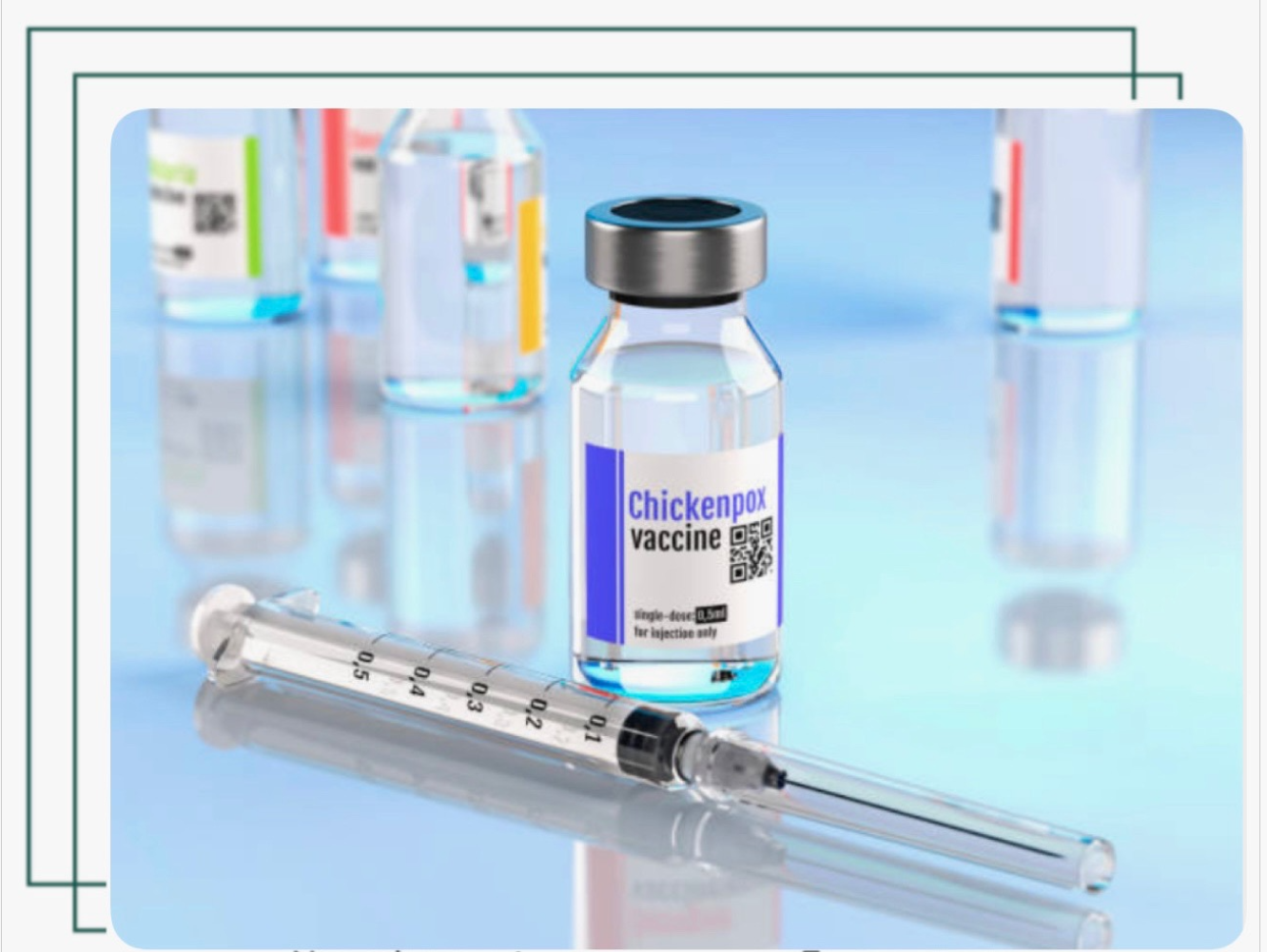Current Trials
We are currently conducting the following trials :
.png)
Asthma- Severely Uncontrolled
This global Phase 3 study will assess the safety, efficacy, and pharmacokinetics of GB-0895 (300 mg subcutaneously every 6 months) in adolescents and adults with severe, uncontrolled asthma who are already on inhaled corticosteroids and at least one other asthma controller. The study will measure asthma exacerbation rates, lung function, and safety to support the use of GB-0895 as an add-on treatment for severe, uncontrolled asthma.
Key Criteria**

Ages ≥12 and ≤80 years

A documented physician diagnosis of asthma for at least 2 years, meeting either NHLBI or GINA guidelines.

Subjects must have used daily medium- to high-dose ICS for at least 12 months and at least one additional controller (e.g., LABA, LAMA) for at least 3 months before screening, with no changes in these medications for at least 3 months.

Subjects must have a documented history of at least 2 asthma exacerbations requiring systemic corticosteroids in the past 12 months, despite using medium- to high-dose ICS.
**Meet additional study criteria
Compensation

Compensation is available for qualified and enrolled participants.
Join our Patient List
Moderate-to-Severe Asthma
The ENV-294-211 Phase 2 study aims to evaluate the safety, tolerability, pharmacokinetics, pharmacodynamics, and explore efficacy of oral ENV-294 in adults with moderate-to-severe asthma already on ICS plus LABA therapy. Participants will be screened for eligibility before enrollment, and informed consent will be obtained prior to any study procedures.
Key Criteria**

18 to 75 years of age, inclusive,

Have a physician diagnosis of moderate-to-severe asthma for at least 12 months prior to screening, according to GINA steps 4 and 5.

Have been on a stable regimen of medium-to-high dose ICS plus LABA for at least 2 months before baseline, as determined by the Investigator.

Have had at least one asthma exacerbation in the past year requiring systemic steroids or hospitalization/emergency care for worsening asthma.
**Meet additional study criteria
Compensation

Compensation is available for qualified and enrolled participants.
Join our Patient List
Pediatric Vaccine (Healthy Participants):
A study on the immune response and safety of aninvestigational chickenpox vaccine when given tohealthy children 12 to 15 months of age.
Key Criteria**

12 to 15 months of age (i.e., from the day of 1-year birthday until the day before 16 months of age) at the time of theadministration of study interventions.

Healthy participants as established by medical history and clinical examinationbefore entering into the study.

Participant’s parent(s)/LAR(s), who, in the opinion of the investigator, can and willcomply with the requirements of the protocol (e.g., completion of the eDiaries, returnfor follow-up visits).
**Meet additional study criteria
Compensation

Compensation is available for qualified and enrolled participants.
Join our Patient ListPediatrics Migraine:
(closed to enrollment)
A migraine day is defined as a calendar day (12:00am to 11:59pm) in which the subject experiences a migraine attack that starts, ends or recurs within 24 hours and lasts for ≥1 hour (if untreated) or ≥30 minutes (if interrupted with rescue medication). Pain persisting for more than 1 calendar day (≥24 hours) after initial onset will be considered as a new, distinct headache day. Monthly migraine days is defined as the number of migraine days within 28 days or 4 weeks.
key Criteria**

Subjects will be healthy male or female children 6 to 17 years of age (inclusive) at Screening

A PedMIDAS Disability score of > 10 and < 50 to be eligible for the study.

Willing and able to comply with study-related procedures
**Meet additional study criteria
Compensation

Compensation is available for qualified and enrolled participants.
Join our Patient ListCovid-Vaccine:
(closed to enrollment)
This pediatric study is intended to confirm safety in infants between 12 weeks to < 12 years of age and to bridge immunogenicity between infants/children and adults (> 18 years of age) enrolled in adult studies. It is necessary to demonstrate non-inferiority of the induced immune response in infants and children compared with that in adults to infer vaccine effectiveness in this age group.
Key Criteria**

Male and female subjects age 12 weeks to 11 years, inclusive

Born at ≥ 37 weeks gestation (Part 1) or ≥ 34 weeks gestation(Part 2), with a minimum birth weight of 2.5 kg

Willing and able to comply with study-related procedures
**Meet additional study criteria
Compensation

Compensation is available for qualified and enrolled participants.
Join our Patient ListAnd more...
Past Trials:
- Mild to Moderate Ulcerative Colitis (Phase II)
- Crohn's (Phase II)
- Colonscopy (blood draw only)
- Influenza (Vaccine)
- Pulmonary Nodules (blood draw only)
- COVID-19 for patients in LTCF
- Asthma (Mild, Moderate and Severe)
If you’d like to register for any of the above studies, click the 'Join Our Patient List' button to register.
If you have any questions, please email:
info@clinicalresearchofcalifornia.com info@clinicalresearchofcalifornia.cominioiiiiiinfo@clinicalresearchofcalifornia.cominfo@clinicalresearchofcalifornia.com
.png)




.png)
